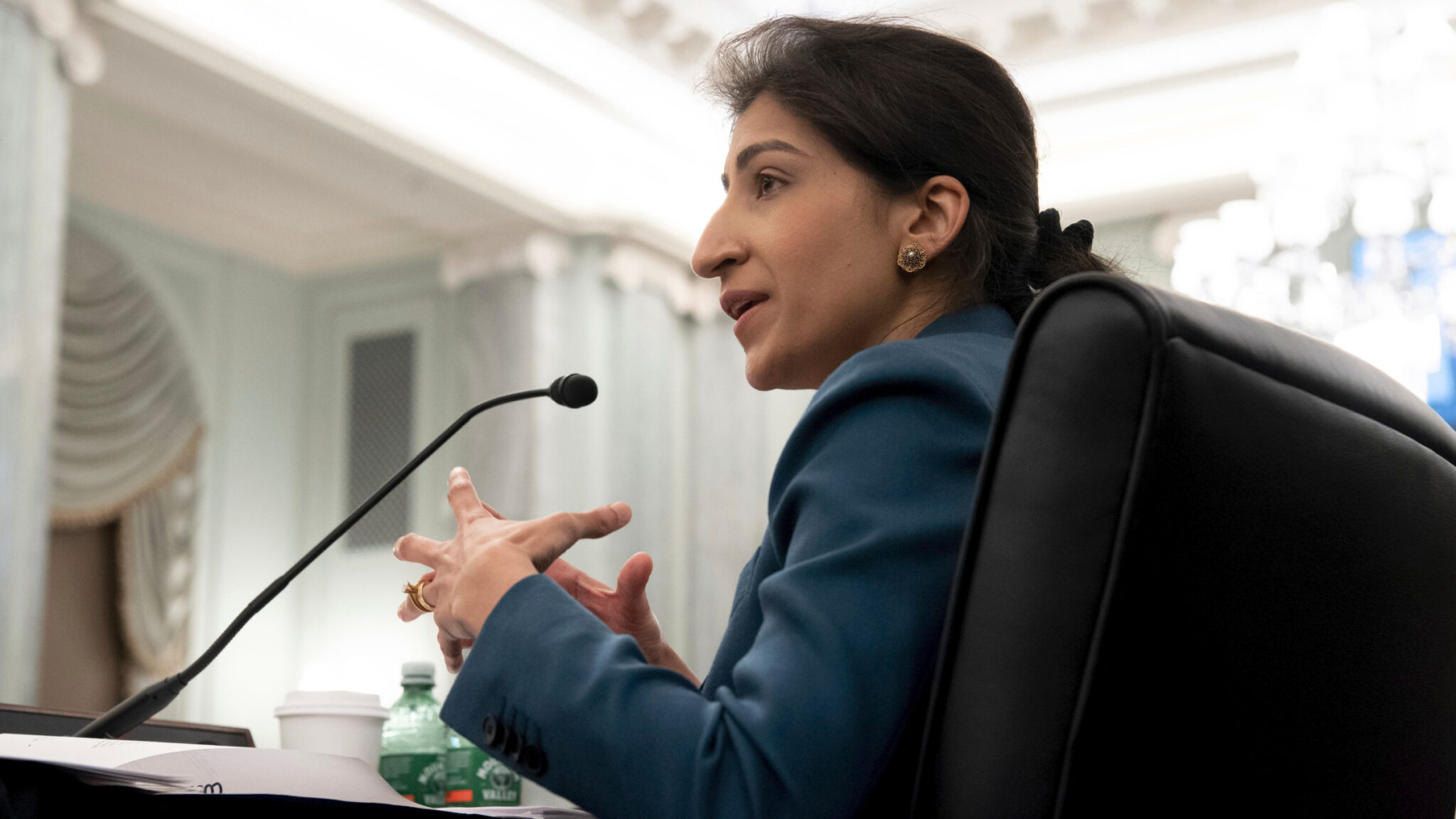
Lina Khan (Saul Loeb/Pool via AP)
FTC wants to know: How are PBMs affecting drug affordability and access?
Following the Federal Trade Commission’s decision to not, at least initially, dig deeper into pharma middlemen known as PBMs, the commission is now seeking comments …
Sign up to read this article for free.
Get free access to a limited number of articles, plus choose newsletters to get straight to your inbox.